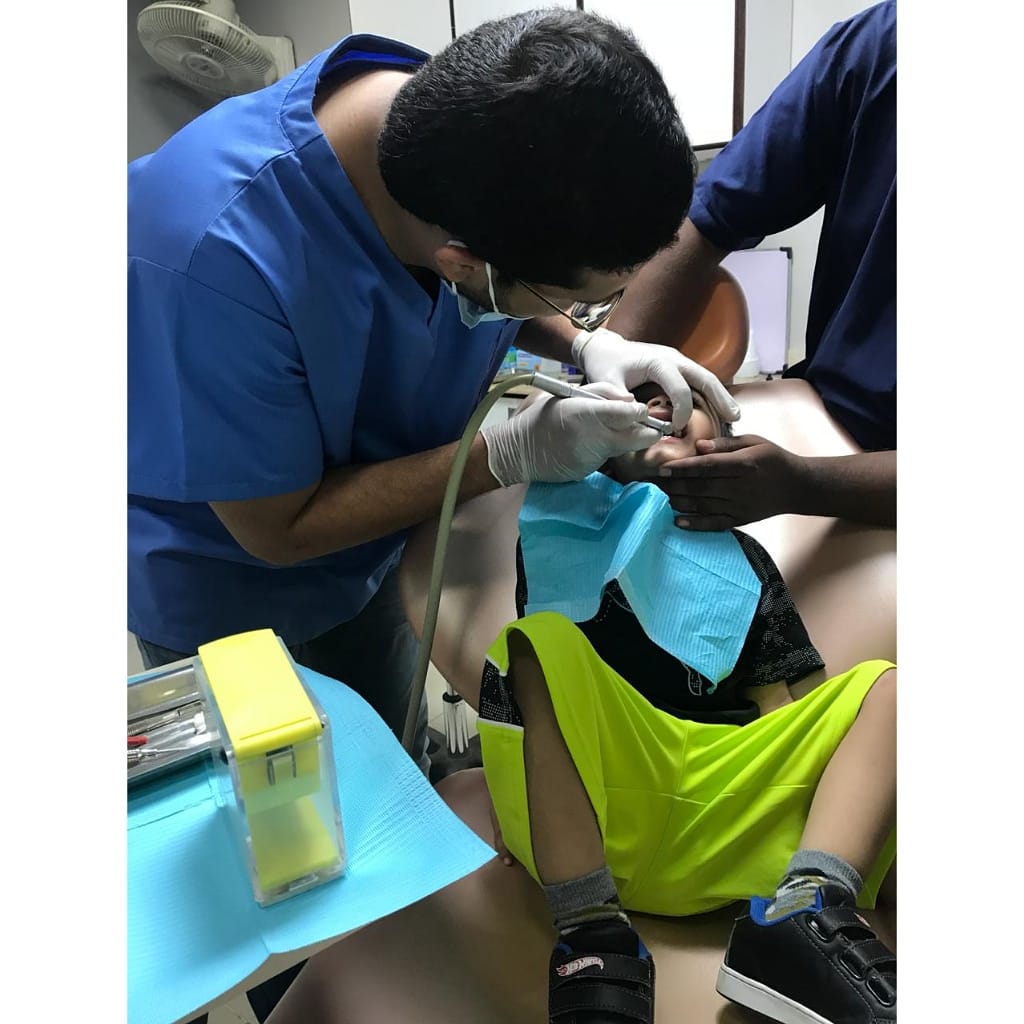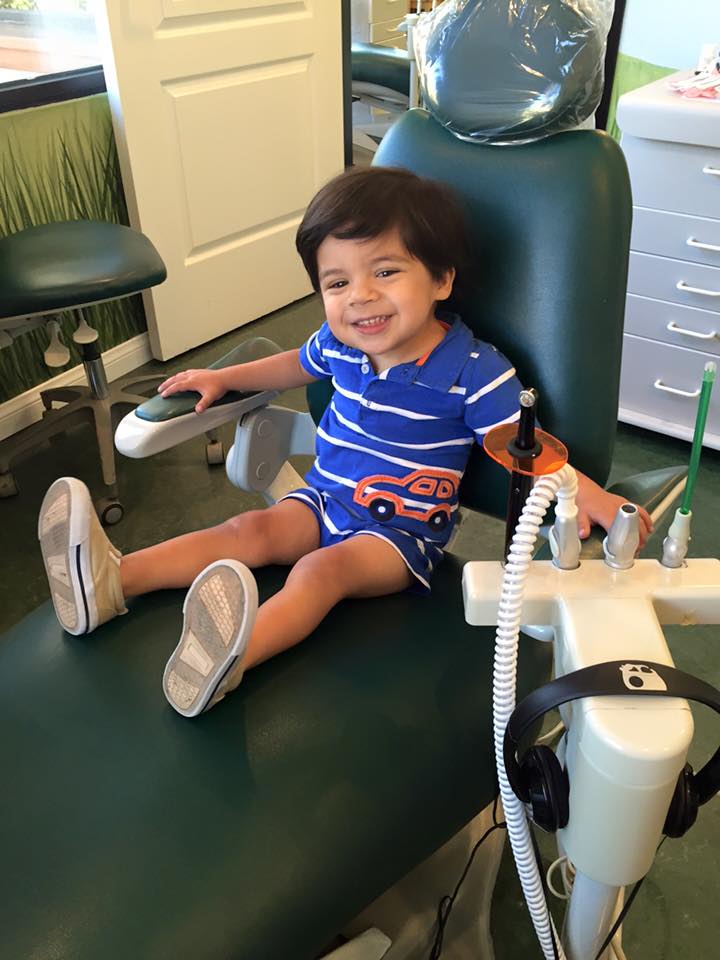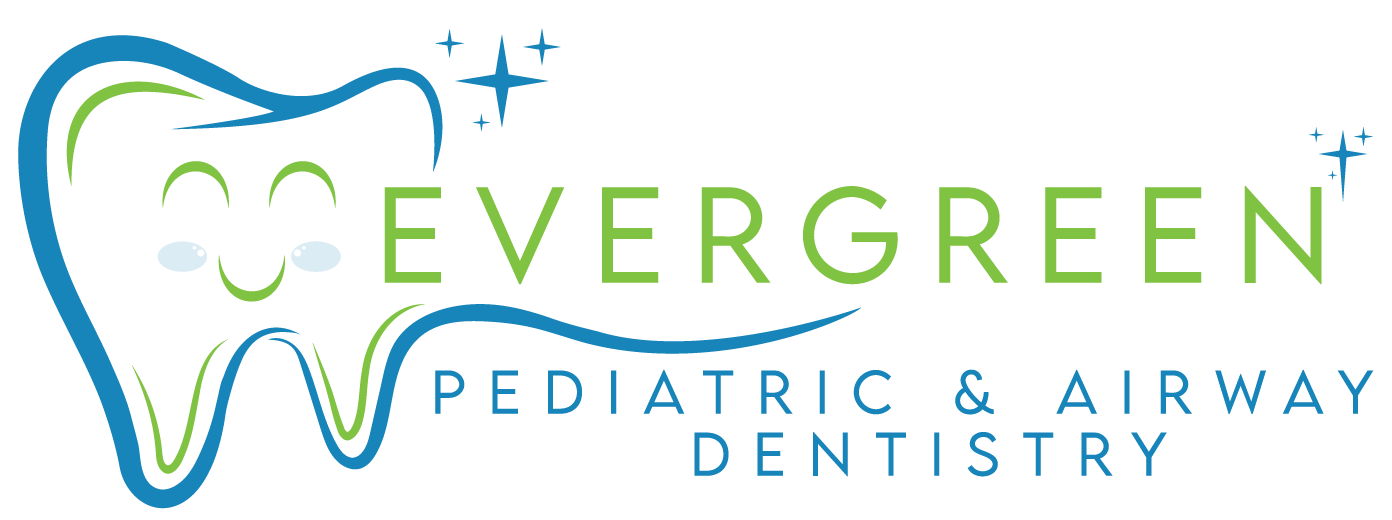The Benefits of Sleep Dentistry for Children: A Parent’s Guide
Welcoming your child to the world of dentistry doesn’t have to be a daunting experience filled with anxiety and fear. Imagine a scenario where your child receives dental care while completely at ease, free from the common apprehensions associated with dental visits. This is where sleep dentistry comes into play—a revolutionary approach aimed at transforming dental experiences for our little ones. In this comprehensive guide, we will explore the myriad benefits of sleep dentistry for children, shedding light on how it ensures a comfortable, pain-free, and positive introduction to dental health care. Whether you’re navigating your child’s first dental visit or looking for solutions to ease their dental anxieties, join us as we unravel the magic behind sleep dentistry and how it could be the game-changer in your child’s dental care journey.
Sedation Dentistry for Children
Sedation dentistry, oftentimes referred to as sleep dentistry, stands as a beacon of relief for alleviating fear and anxiety among young patients undergoing dental operations. This approach employs various forms of medication to either relax or entirely sedate children during their appointments, fundamentally altering their dental experience into a positive and non-frightening event. With this technique, not only are the memories of discomfort and the sounds of the procedure effectively erased, but dental professionals can also perform their tasks with greater ease due to the patient’s serene state. The sedation levels, ranging from light sedatives to full general anesthesia, are meticulously adjusted for each child based on their individual health profile, guaranteeing maximum safety and comfort during their visit.

Sleep Dentistry for Children
Why Children Fear Dental Visits
Children’s fear of dental visits can often stem from the unknown, past negative experiences, or stories they’ve heard from others. The sight and sound of dental instruments, along with a fear of pain, can make them apprehensive about sitting in the dentist’s chair. Additionally, a new environment filled with unfamiliar faces can increase their anxiety. This emotional distress not only affects their ability to cooperate during the visit but can also have long-term implications on their attitude towards dental care. Understanding these fears is crucial in addressing them effectively and ensuring that dental visits are perceived in a more positive light by our youngest patients.
Overview of Sleep Dentistry Procedures for Children
Sleep dentistry offers various sedation levels and techniques, each tailored to the child’s needs and the specific dental procedure being performed. These range from mild sedatives, where the child remains awake but relaxed, to deep sedation or general anesthesia, where they are fully asleep.
- Nitrous Oxide (Laughing Gas): This is one of the mildest forms of sedation, where children breathe a mixture of nitrous oxide and oxygen through a mask. It helps them feel calm and less aware of the surrounding environment without inducing sleep.
- Oral Sedatives: Children are given a pill or liquid medication to take before their appointment, which makes them drowsy but still awake. This method is typically used for shorter or less invasive procedures.
- IV Sedation: Administered directly into the veins, this sedation works quickly, allowing the dentist to adjust the sedation level as needed. It’s more suitable for longer procedures or for children with significant dental anxiety.
- General Anesthesia: For extensive dental services or for children who are extremely anxious, dentists might recommend general anesthesia. This type of sedation puts the child into a deep sleep state, ensuring that they are completely unaware of the procedure.
Benefits of Sleep Dentistry for Children
Sleep dentistry offers a multitude of benefits that can significantly alter a child’s perception and experience of dental visits, making them more manageable and less frightening. Here are some of the key advantages:
- Reduces Fear and Anxiety: One of the most apparent benefits is the reduction of fear and anxiety about dental visits. By not being fully aware of the procedure, children are less likely to associate dental care with negative feelings, which can encourage more positive experiences in the future.
- Minimizes Discomfort and Pain: Sleep dentistry helps in managing pain and discomfort during dental procedures. Children won’t feel the immediate sensations associated with the treatment, making the process much more comfortable for them.
- Improves Cooperation: With the child relaxed or asleep, dentists can perform the necessary procedures more efficiently and effectively, without the challenge of managing a fearful or uncooperative patient.
- Ensures Comprehensive Dental Care: Sleep dentistry enables dentists to perform multiple procedures in one visit if needed, without overwhelming the child. This is particularly beneficial for children who require extensive dental work, ensuring they receive comprehensive care in a more comfortable setting.
- Promotes Positive Attitudes Toward Dental Health: By reducing negative experiences associated with dental care, children are more likely to develop a positive attitude towards their oral health. This encourages good dental habits from an early age and reduces the likelihood of dental anxiety in the future.

Sleep Dental Car Service
Parents’ Guide: Preparing Your Child for Sleep Dentistry
Preparing your child for sleep dentistry is an essential step toward a successful dental visit. Your support and guidance can significantly ease their apprehension and make the overall experience more positive. Here are key strategies to prepare your child:
- Start with Honest Communication: Explain to your child in age-appropriate language what sleep dentistry involves. Reassure them that they will be resting comfortably and that the dentist’s primary goal is to keep their teeth healthy without any discomfort.
- Familiarize Through Storytelling or Play: Use children’s books or role-play games to familiarize your child with the concept of visiting the dentist. Such activities can help demystify the experience and make them feel more comfortable with the idea.
- Create a Positive Pre-visit Atmosphere: Discuss the upcoming visit positively, focusing on the benefits like having a healthy smile. Avoid using words that might instill fear or anxiety.
- Set a Calm Example: Children often mirror their parents’ emotions. By staying calm and positive about dental care and the upcoming visit, you can help your child feel more secure and relaxed.
- Arrange a Pre-visit Meeting: If possible, arrange a visit to the dental office before the actual procedure. Meeting the dentist and staff and seeing the environment can help alleviate your child’s fears.
- Ensure a Good Night’s Sleep and Light Meal: A well-rested child is more likely to be calm and cooperative. Ensure your child gets a good night’s sleep before the visit and follows any specific dietary instructions provided by the dentist, especially if sedation or anesthesia is involved.
How to Choose a Sleep Dentist for Your Child
Choosing the right sleep dentist is crucial for ensuring your child receives the best possible care while minimizing their anxiety and discomfort. Here are key factors to consider when selecting a sleep dentist for your child:
- Specialization and Experience: Look for a dentist who specializes in pediatric dentistry and has extensive experience in sleep dentistry. Specialized training ensures that the dentist is equipped with the knowledge and skills necessary to cater to the unique needs of children.
- Credentials and Qualifications: Verify the dentist’s credentials, including their education, training in sleep dentistry, and any certifications related to pediatric sedation. Membership in reputable dental associations can also be a sign of a dentist’s commitment to maintaining high standards of care.
- Child-Friendly Environment: A dental office that is welcoming and designed with children in mind can significantly affect your child’s level of comfort. Look for an office that provides a supportive and non-threatening environment, with staff trained to work with children.
- Communication: Effective communication is key. Choose a dentist who is willing to discuss procedures and options in detail, addressing any questions or concerns you or your child may have. A good sleep dentist should make you feel informed and at ease about the sedation options and the care your child will receive.
- Positive Reviews: Look for testimonials or reviews from other parents. Their experiences can give you valuable insight into the dentist’s approach to care and how they handle children’s anxiety and dental procedures.
- Emergency Preparedness: Ensure that the dentist’s office is equipped and the staff is trained to handle emergencies. Knowing that safety measures are in place will give you peace of mind during your child’s dental procedures.
Frequently Asked Questions (FAQs)
- What is sleep dentistry: Sleep dentistry, also known as sedation dentistry, involves the use of medication to help patients relax during dental procedures. It can range from light sedation, where the patient is awake but relaxed, to general anesthesia, where the patient is completely unconscious.
- Is sleep dentistry safe for children: Yes, sleep dentistry is considered safe for children when performed by a qualified and experienced pediatric dentist. The dentist will evaluate your child’s medical history and the procedure requirements to determine the most appropriate level of sedation.
- How long does the effect of sedation last: The duration of sedation effects depends on the type of sedation used. Some sedatives wear off quickly, allowing patients to return to their daily activities soon after the procedure, while others may require more time to fully recover.
- Will my child feel any pain during the procedure: One of the primary goals of sleep dentistry is to ensure that patients do not feel pain during dental procedures. Your child may experience some discomfort or grogginess as the sedation wears off, but actual pain during the procedure should not occur.
- Can sleep dentistry help with dental anxiety: Absolutely. Sleep dentistry is particularly beneficial for children with dental anxiety, as it helps them undergo necessary dental treatments without the stress and fear associated with dental visits.
- What should my child eat or drink before a procedure involving sedation: It is important to follow the specific guidelines provided by your dentist regarding eating and drinking before sedation. Generally, patients are advised not to eat or drink anything for several hours before the procedure to prevent any complications during sedation.
- How do I know if my child is a candidate for sleep dentistry: The best way to determine if your child is a candidate for sleep dentistry is to consult with a pediatric dentist. The dentist will assess your child’s dental needs, medical history, and any anxiety levels to recommend the best sedation option.

Children Sleep Dentistry
Increasing the Safety of Dental Procedures
Ensuring the safety of dental procedures, especially when involving sedation, is paramount. Safety begins with thorough planning and preparation, which should include a comprehensive review of the child’s medical history and a detailed discussion of the sedation process. Pediatric dentists should also conduct a pre-procedure assessment to identify any potential risks or contraindications. Additionally, using state-of-the-art monitoring equipment during the procedure can significantly enhance patient safety by providing real-time feedback on the child’s vital signs and sedation levels. Staff training is another critical factor; every member of the dental team should be well-versed in sedation techniques and emergency procedures. Finally, clear post-procedure instructions and follow-up care are essential to ensure a smooth recovery and address any complications promptly. By focusing on these key aspects, dental professionals can minimize risks and ensure a safe, positive experience for children undergoing dental procedures.
Enabling Comprehensive Treatment
Sleep dentistry significantly enhances the ability of dental professionals to execute comprehensive treatment plans in a single visit, making the dental care process more efficient and less stressful for both the child and their parents. This efficiency is particularly beneficial for children who experience dental anxiety or have difficulty sitting still for extended periods, as it minimizes the number of visits required. By employing sedation, dentists can perform multiple procedures — from routine cleanings to more complex dental work — without the child becoming fatigued or uncooperative. This approach not only ensures that the child receives the necessary dental care in a timely manner but also reduces the logistical and emotional strain on families who otherwise might have to schedule multiple appointments. Consequently, sleep dentistry is not just about managing discomfort; it’s about streamlining the delivery of pediatric dental care, making it more accessible and manageable for everyone involved.
Reducing the number of dental visits required for complete treatment is not only a matter of convenience but also significantly contributes to the overall effectiveness of pediatric dental care. Frequent visits can be a source of stress and anxiety for both children and their caregivers, potentially leading to negative associations with dental care and reluctance to attend future appointments. By minimizing the number of visits, sleep dentistry not only alleviates these concerns but also aids in maintaining a positive view of dental health practices among young patients. Furthermore, fewer appointments translate to less time away from school for children and reduced disruption to the daily routines of families, making comprehensive dental care more compatible with their lifestyles. This approach underscores the value of efficiency in dental treatment, emphasizing the benefits that extend beyond the dental chair and into the broader context of patient well-being and satisfaction.
In conclusion, sleep dentistry emerges as a crucial innovation in pediatric dental care, offering a safe, efficient, and anxiety-free experience for children and their families. By addressing the fear and discomfort often associated with dental procedures, sleep dentistry encourages more regular and comprehensive dental care from an early age. This method not only ensures children receive the necessary treatments for maintaining dental health but also fosters a positive attitude towards dental care that can last a lifetime. The emphasis on safety, coupled with the potential for completing extensive treatment in fewer visits, illustrates a thoughtful approach to dental care that prioritizes patient well-being above all. As dental professionals continue to adopt and refine sedation practices, sleep dentistry is set to play an increasingly pivotal role in promoting oral health among young patients, ensuring they grow up with strong, healthy smiles.
Evergreen Pediatric Dentistry
https://www.google.com/maps?cid=14720788683151219551
12910 Totem Lake Blvd NE #103, Kirkland, WA 98034, United States
(425) 814-3196
https://evergreenkidsdentist.com/


